Have you ever experienced the sinking feeling of staring down at a menu and not recognizing every other word? Or that moment when the waiter comes over to your table and you just stare at them blankly because you have a million questions and don’t know where to start?
If so, we are here to help with your language dilemma so you can impress your friends at restaurants by knowing exactly how to decode the weirdest words on the menu.
1. Guanciale
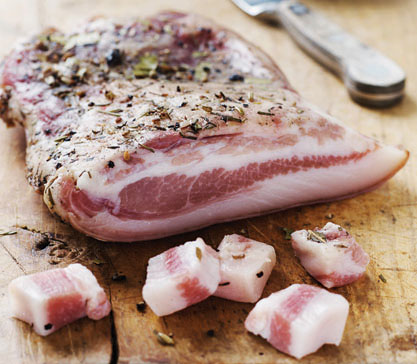
Photo courtesy of olli.com
A popular Italian meat made from pork cheeks. Pronounced “Wahn-chia-le” because, of course, being pronounced “Guan-chi-ale” would just be too easy. The perfect dish to order if you want to impress your friends with your Italian.
2. Foie Gras
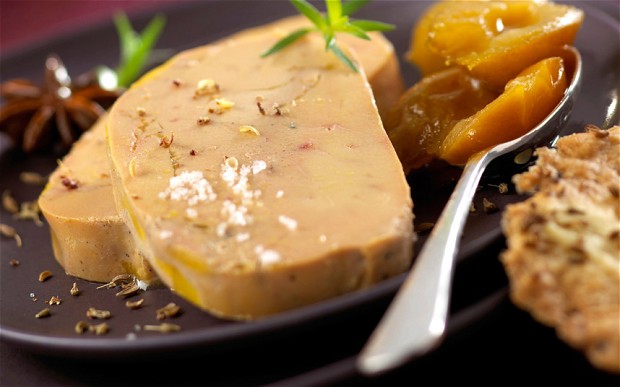
Photo courtesy of telegraph.co.uk
Embarrass yourself no longer with confused questions about “foi grass.” Instead, artfully order a dish of flattened duck or goose liver by asking for “fwah gra” and enjoy the French delicacy sans the sense of shame of mispronouncing it.
3. Champignon
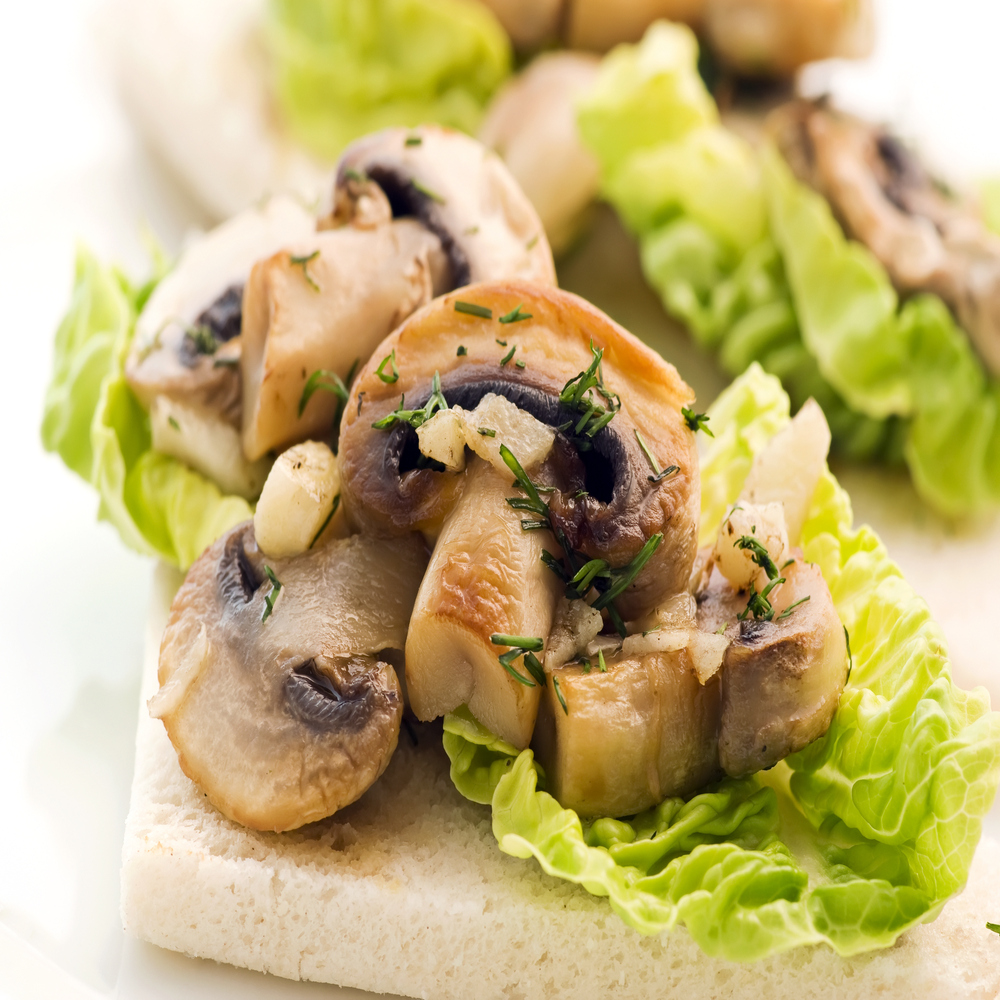
Photo courtesy of c-ferrer.com
Love mushrooms? Well, look no further than these delectable champignons (that’s pronounced “cham-pih-nyon” – never use the word “pig” when pronouncing it). Essentially an adopted French word designed to confuse all restaurant-goers.
4. Capsicum
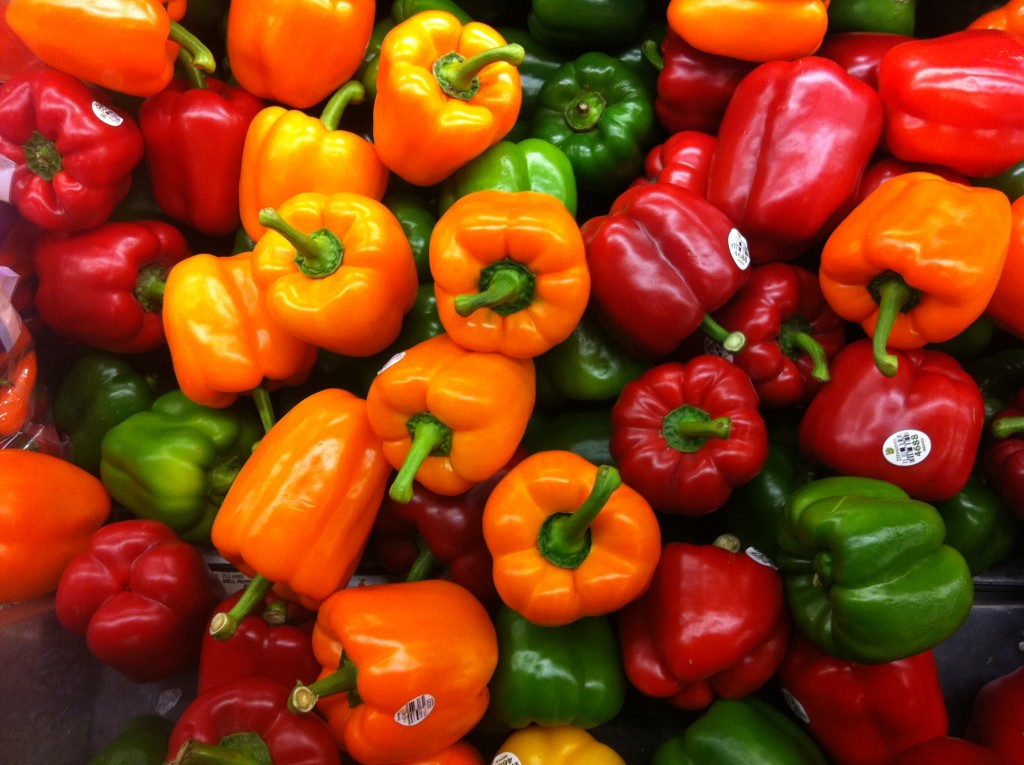
Photo courtesy of agrifarming.in
This word may not be French or Italian, but it might as well be. This English word is just a fancier name for those red, green, and yellow peppers that you find at your local grocery store. Also used in condiments, spices, and pepper spray, it’s basically your all-in-one food.
5. Béarnaise
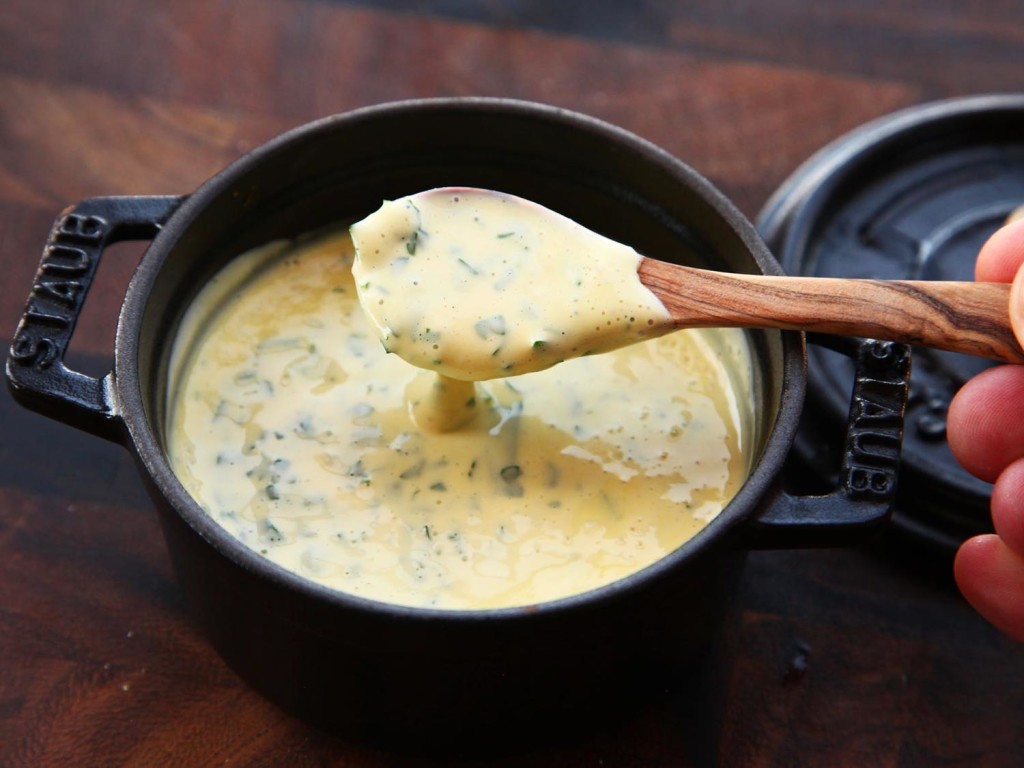
Photo courtesy of seriouseats.com
A delicious sauce made by emulsifying (i.e. mixing thoroughly) butter and egg yolks. A derivative of the more famous Hollandaise sauce but set apart by its white wine vinegar. The perfect sauce to pour over steak, poached eggs, or even roast fish. Pronounced rather like it looks (for once): “bay-ahr-nehz.”
6. Bocconcini

Photo courtesy of telegraph.co.uk
Yummy egg-sized bites of mozzarella cheese originally from Naples and once made solely from water buffalo milk. Tastes even better deep-fried but make sure to ask for “bok-ohn-chee-nee” or your waiter will just stare at you in confusion.
7. Bivalvia
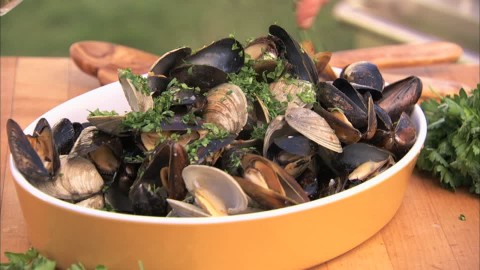
Photo courtesy of footage.framepool.net
A word with Latin roots that is simply a reference to the class of mollusks, both marine and freshwater, that have shells consisting of two hinged parts. A classic seafood staple in all bay towns – lightly salt and pepper in order to bring out the richness of flavor.
8. Au Gratin

Photo courtesy of tasteofhome.com
Yet another French term referring to any dish covered with a layer of breadcrumbs or cheese. Usually found along with the word potato, but also can refer to dishes such as lasagne au gratin or scallops au gratin (“aw-grah-tahn”).
9. Al Forno
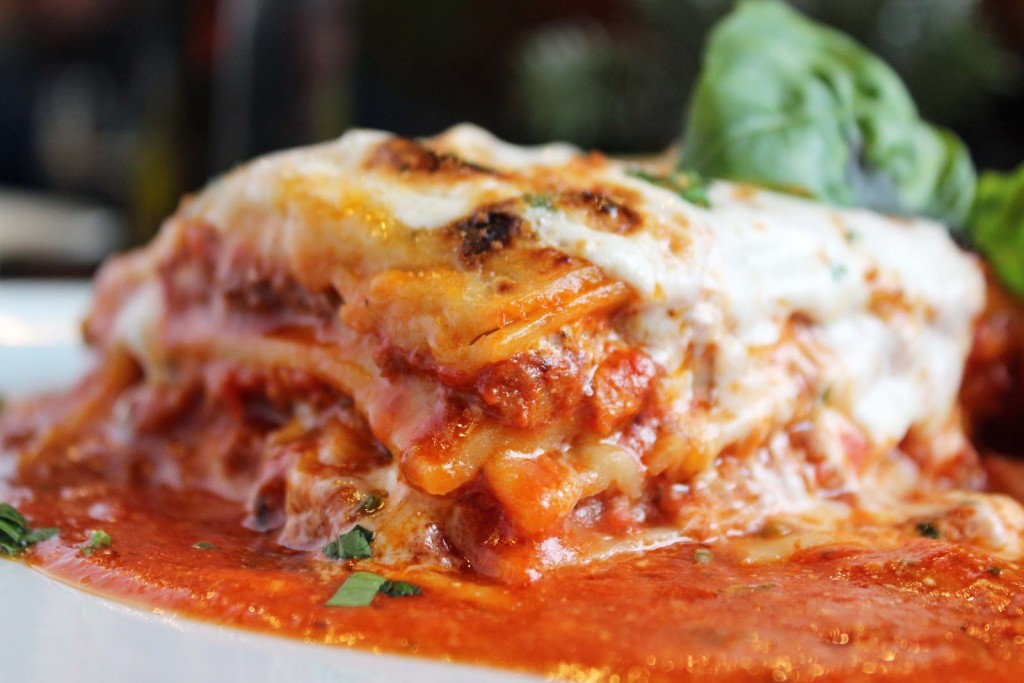
Photo courtesy of dishmaps.com
An Italian word that literally means “from the oven.” More colloquially, the term is used to refer to any food baked or roasted such as pizza or ziti.
10. Amuse-bouche
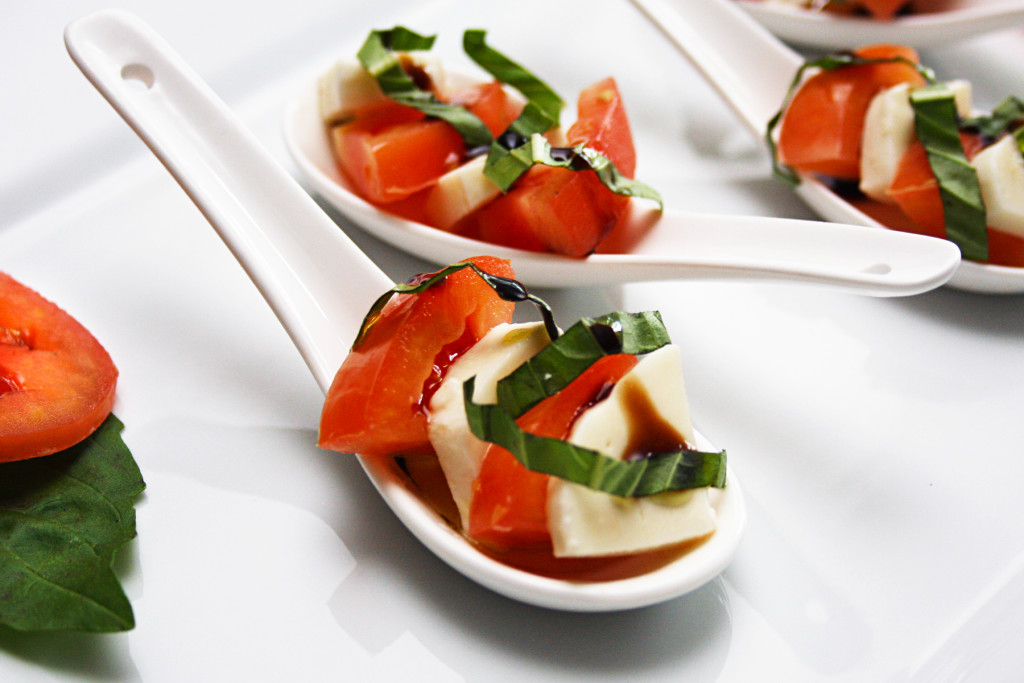
Photo courtesy of epicureandc.com
A term used to refer to a small, bite-sized appetizer often served complimentary. The idea behind it is to stimulate the appetite and prepare the restaurant-goer for their meal. Pronounced “ah-myuze-booshe.”
11. Brunoise
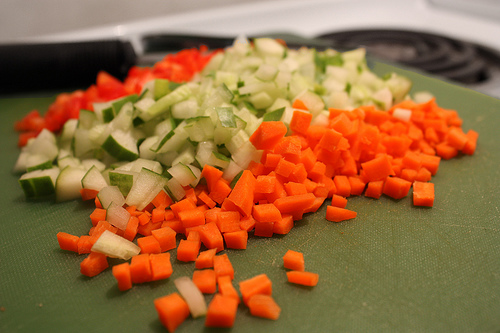
Photo courtesy of cookdiary.net
Last, but not least, a French word used to describe diced vegetables cooked in butter. Brunoise (“broon-wahz”) is then usually added to soups or sauces in order to add flavor. The word is also used as a verb in some contexts in order to describe the act of julienning (i.e. cutting food into strips) and then dicing.
Now you’re all set to order the most difficult items on the menu like a native speaker. Be adventurous with your orders, and remember that it doesn’t really matter how you pronounce it if you know what it is – just be sure the waiter can understand you.


